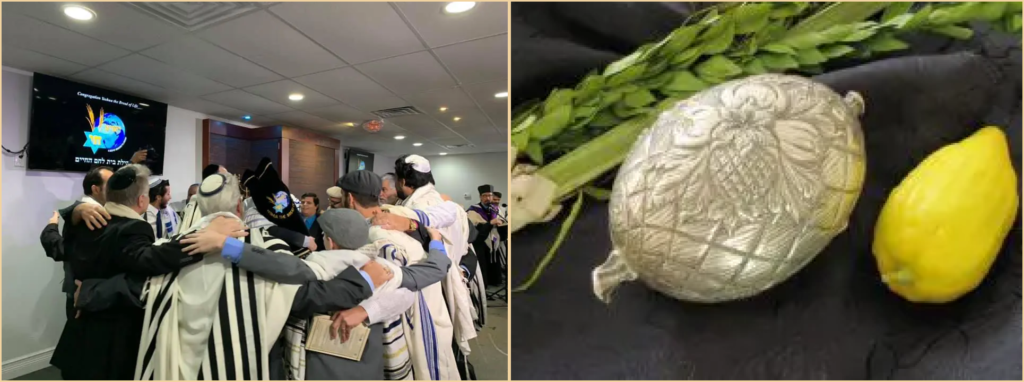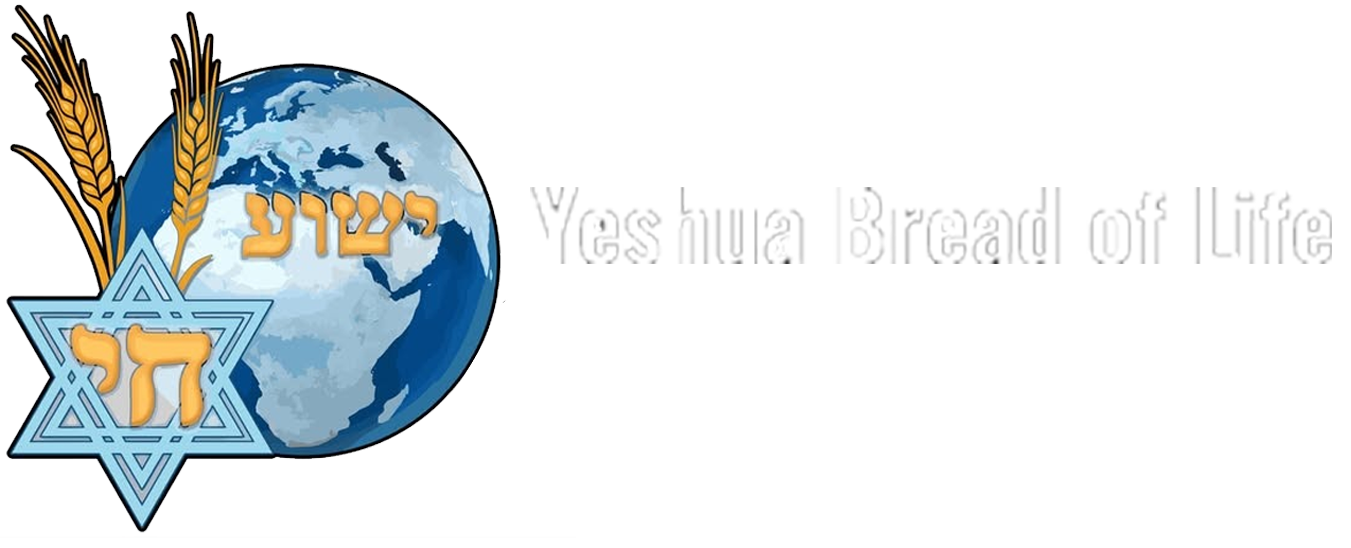Sukkot
(Feast of Tabernacles)
the information found here on this page will help better your experience with
us and make you more prepared when you arrive.
(Feast of Tabernacles)
the information found here on this page will help better your experience with
us and make you more prepared when you arrive.
(Feast of Tabernacles)
the information found here on this page will help better your experience with
us and make you more prepared when you arrive.
(Feast of Tabernacles)
the information found here on this page will help better your experience with
us and make you more prepared when you arrive.
(Feast of Tabernacles)
the information found here on this page will help better your experience with
us and make you more prepared when you arrive.
(Feast of Tabernacles)
the information found here on this page will help better your experience with
us and make you more prepared when you arrive.
(Feast of Tabernacles)
the information found here on this page will help better your experience with
us and make you more prepared when you arrive.
(Feast of Tabernacles)
the information found here on this page will help better your experience with
us and make you more prepared when you arrive.
(Feast of Tabernacles)
the information found here on this page will help better your experience with
us and make you more prepared when you arrive.







Sukkot (Feast of Tabernacles)
This feast is also known as the “Feast of Tabernacles.” This is the most enjoyable and festive of all Israel’s feasts. It is mentioned in Scripture more than any of the other feasts. This feast is recorded in Leviticus 23:33–44. It has a twofold purpose. It was to bring in the latter harvest, the Jewish “Thanksgiving”, and the command to dwell in booths. It is also known as “Zman Simkhatenu” (“the time of our rejoicing”).
One word that can summarize this feast is habitation. Traditional Jewish observance of Sukkot centers on the building of a sukkah (booth or hut) and the blessing of the Lulav (palm branch) with the Etrog (a citrus fruit from Israel). It is believed that the birth of Yeshua took place on Sukkot and evidence pointed out by theologians.
Tabernacles/Sukkot points to the future day when the Messiah sets up his messianic kingdom and Tabernacles or dwells among men, John, in his vision of Revelation, gives us the reality of Sukkot as recorded in Revelation 21:1 –3.

Hoshanah Rabbah / Shemini Atzeret / Simchat Torah
By: Lorella Gilbert / Tom Flores
Is the seventh day of Sukkot which features seven circles around the bima, with the Four Species in hand. The “The Great Save Us” as it is known has a procession that culminates with the beating of the willow branch. Hoshana Rabba is known as the day of the final sealing of judgment which began on Rosh Hashanah. The high priest would lead a procession to the pool of Siloam fill the golden pitcher with water and return to courtyard of the temple. He would pour out the water and people would wave the lulav and sing Psalm 118 23-26.
This is the day that John, Yeshua’s disciple spoke about: John 7: 37-39
37 On the last and greatest day of the Feast, Yeshua stood up and cried out loudly, “If anyone is thirsty, let him come to Me and drink. 38 Whoever believes in Me, as the Scripture says, ‘out of his innermost being will flow rivers of living water.’” 39 Now He said this about the Ruach, whom those who trusted in Him were going to receive; for the Ruach was not yet given, since Yeshua was not yet glorified.
Shemeni Atzeret-
Eighth day of assembly. This is a time to cease the busy activity of the holiday season and simply savor the special relationship with the Almighty before heading out into the long winter season.
Then, the earliest rabbinic reference to Shemini Atzeret calls it yom tov aharon shel ha-hag, the last day of the festival. The Talmud (Taanit 20b-31a), however, declares, “The eighth day is a festival in its own right.” At the same time, the Talmud (Taanit 28b) attempts to distinguish it from Sukkot, as there are 70 temple sacrifices given throughout Sukkot, compared to only one given on Shemini Atzeret. The inherent problem is that no one really knows exactly what Atzeret means. Possibly it comes from the word atzar, meaning “stop,” thus implies that we are to refrain from work. On the other hand, Atzeret may also be defined by its textual context, which implies that it is some sort of deliberate extension of the prior seven days. It is an assembly as mentioned in the following verse.
Numbers 29:35
On the eighth day you shall hold a solemn gathering (שְּׁמִינִ֔י עֲצֶ֖רֶת) you shall not work at your occupations.
Traditionally, this is a 2 day event in the diaspora making it congruent with Simchat Torah (Rejoicing in the Torah) celebrations in which the scroll is ceremoniously paraded 7 times and rolled back to begin a new Torah cycle for the year. It is during this time that prayers for rain are lifted for a blessing for Israel and the upcoming harvest of the spring. Scriptures tells us that the world (Zechariah 14:8) is also judged by the amount of rainfall given the following year, so we seek HIS blessings. This is a time of reflection as it symbolizes a time that is past the Messianic kingdom to come (עוֹלָם הַבָּא) versus the eternal state (נצח) or “forever” of Revelation 21-22 when everything will be made new!
Simchat Torah-
We celebrate the completion and new beginning of the annual Torah reading cycle. In the synagogue all Torah scrolls are taken out of the ark. Scrolls are then rolled back to the beginning and a small portion is read in anticipation of the new Torah cycle readings.
